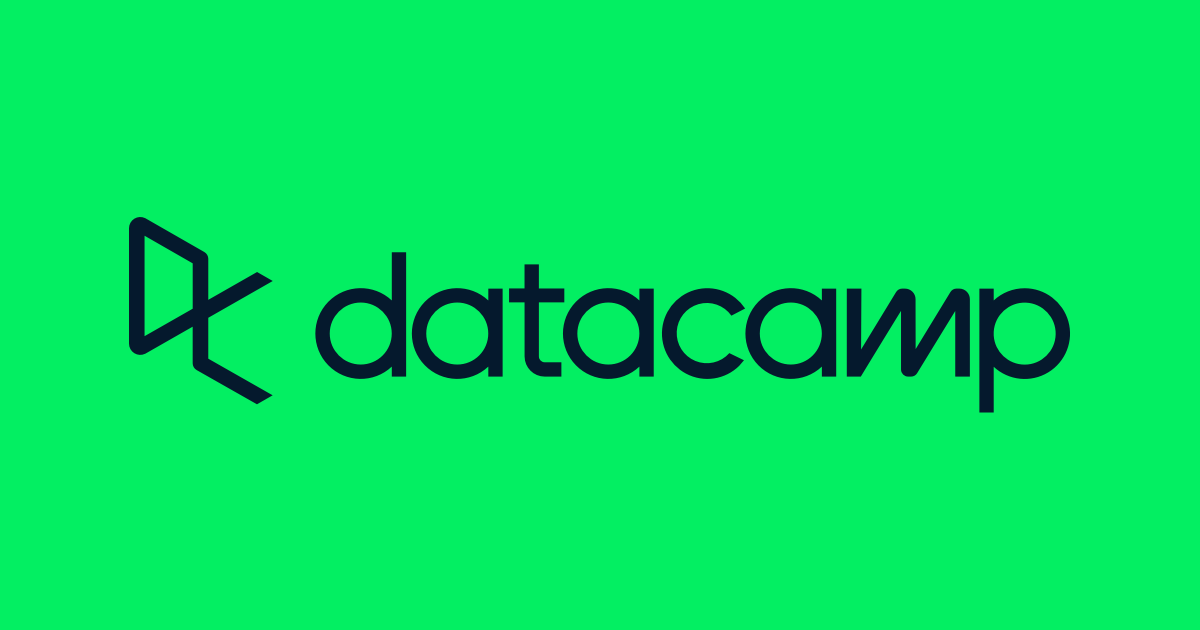-
About
- About Listly
- Community & Support
- Howto
- Chrome Extension
- Bookmarklet
- WordPress Plugin
- Listly Premium
- Privacy
- Terms
- DMCA Copyright
- © 2010-2025 Boomy Labs

 kanger.dev
kanger.dev
Listly by kanger.dev
If you have a basic knowledge of programming for data science or data analysis, then these high-quality courses bootstrap employable expertise differentiated from nominal data analysts.
Source: https://kanger.dev/learn-geo-spatial-analysis-gis-python-r-courses/

*What you will learn in this program?
*

*What you will learn in this course?
*

Skills you will gain in this course

What you will learn in this course?

What you will learn ?

In this Professional Certificate Program, you will learn how to create computational procedures for generating, analysing, and visualising complex spatial information models.

Learn to read, explore, and manipulate spatial data then use your skills to create informative maps using R.

Offered by University of Toronto. Launch your career in mapping and GIS!. Learn the concepts, tools, and techniques to make great maps that ... Enroll for free.

What you will learn in this course?

Offered by Yonsei University. Spatial (map) is considered as a core infrastructure of modern IT world, which is substantiated by business ... Enroll for free.

What you will learn in this course?

Learn how to work with vector data in R using the SF package. You'll learn how to perform geoprocessing of vectors like buffering, spatial joins, and more

Learn to rapidly visualize and explore demographic data from the United States Census Bureau using tidyverse tools.

What you'll learn?
![[Intermediate] Spatial Data Analysis with R, QGIS & More](http://media.list.ly/production/1603033/7466828/7466828-intermediate-spatial-data-analysis-with-r-qgis-more_185px.png?ver=3985631838)
What you'll learn?
